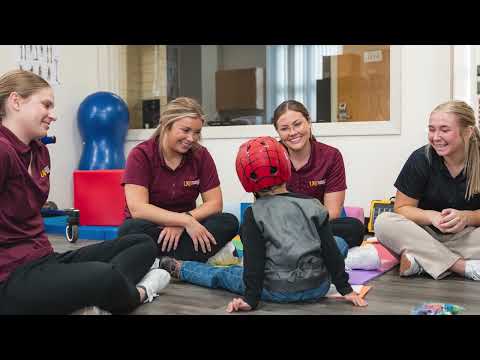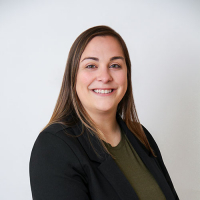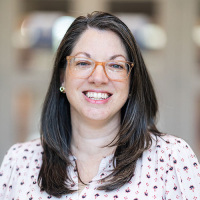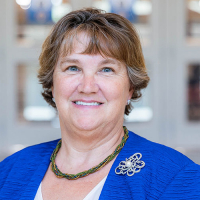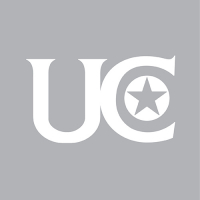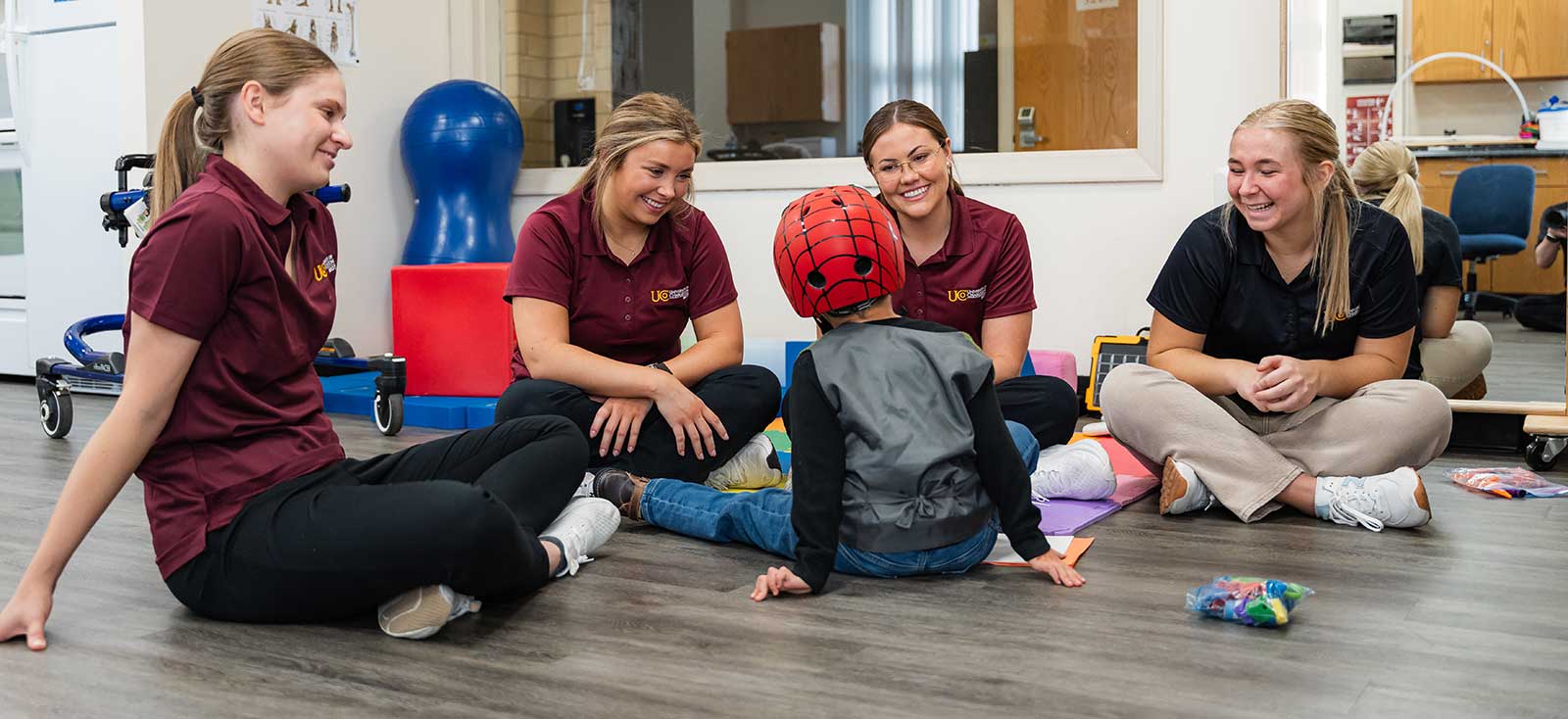
M.S. in Occupational Therapy Program
-
Duration
2 years (6 semesters including summers)
-
Format
Hybrid
-
Location
Charleston
Program Overview
The University of Charleston is pleased to offer a Master of Science Degree in Occupational Therapy. High School students can apply for the early assurance program and typically complete the degree in 5 years (3 years of pre-requisite courses and 2 years for the MSOT coursework). A bachelor’s degree is not required to be admitted to the master’s in occupational therapy degree at UC.
The mission of the Master of Science in Occupational Therapy Program is to prepare future occupational therapy professionals with a commitment to moral purpose and personal character, who embody and enable purposeful occupational engagement for all people who experience limitations in participation, promote health and well-being across the lifespan, and within diverse contexts. Students develop the knowledge, abilities, and character to be life-long learners, use critical thinking and clinical reasoning to create innovative, evidence-based solutions to society’s increasingly complex and ever-changing needs, and lead a life rich in productive work and community involvement.
Advancing MSOT Education in Our State-of-the-Art Facility
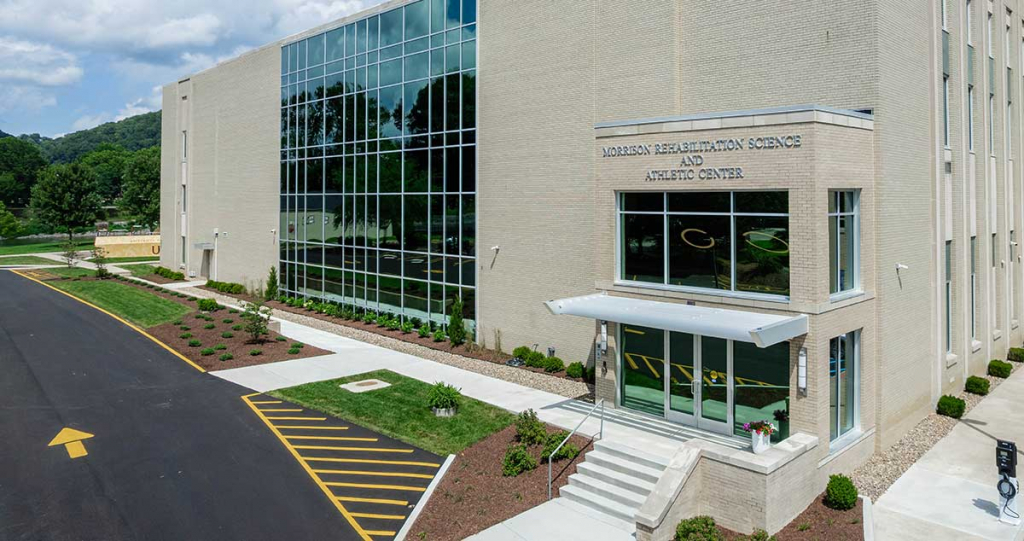
Learn More about the Morrison Rehabilitation Science and Athletic Center
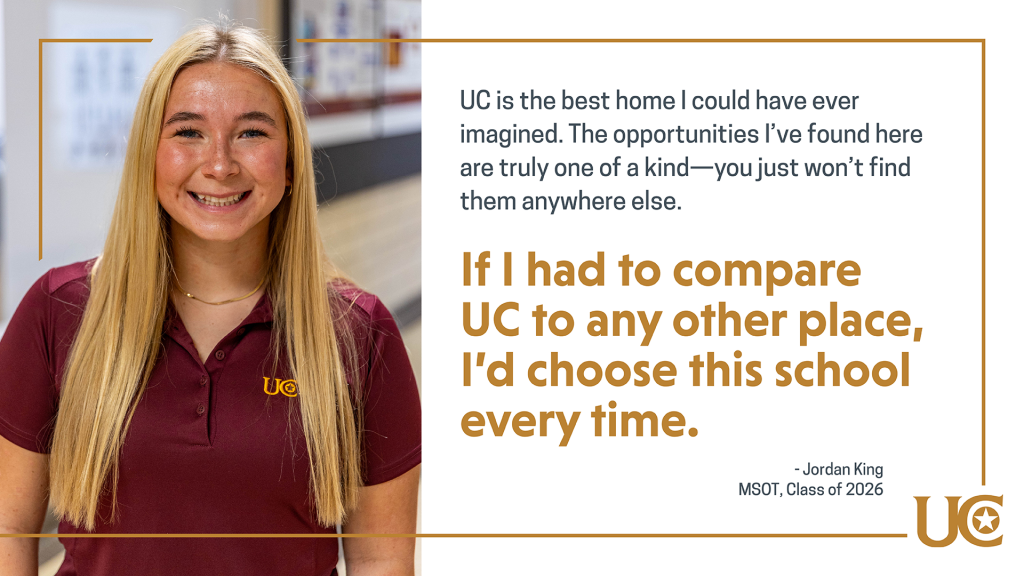
Accreditation Statement
Our entry-level occupational therapy master’s degree program is accredited by the Accreditation Council for Occupational Therapy Education (ACOTE) of the American Occupational Therapy Association (AOTA), located at 7501 Wisconsin Avenue, Suite 510E, Bethesda, MD 20814. ACOTE’s telephone number c/o AOTA is 301-652—AOTA (2682) or 301-652-6611 and its web address is www.acoteonline.org. Graduates of the program will be eligible to sit for the national certification examination for the occupational therapist administered by the National Board for Certification in Occupational Therapy (NBCOT). After successful completion of this exam, the individual will be an Occupational Therapist, Registered (OTR). In addition, all states require licensure to practice; however, state licenses are usually based on the results of the NBCOT Certification Examination. A felony conviction may affect a graduate’s ability to sit for the NBCOT certification examination or attain state licensure.
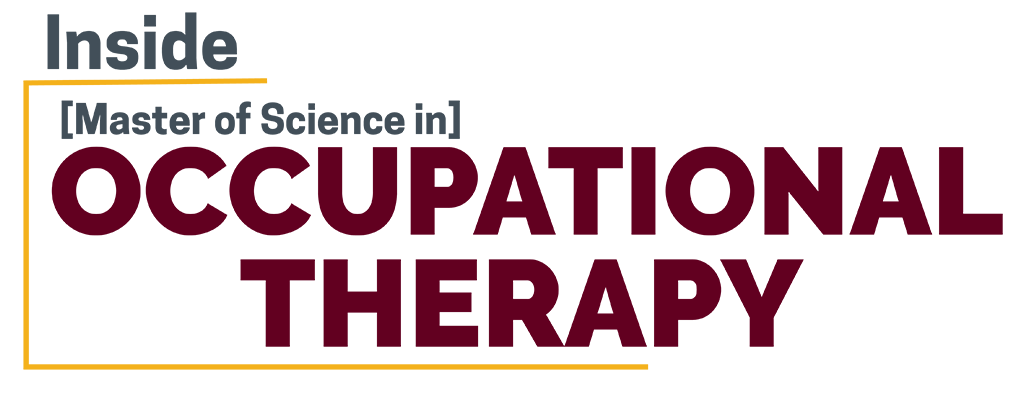

The University of Charleston is pleased to offer an accelerated occupational therapy program where students may complete their undergraduate degree and the Masters of Science Degree in 5 years. Students must meet the outlined criteria in order to advance to the professional phase of the program.
Admission to the MSOT program is competitive. Preference for admission to the professional (graduate) phase of the MSOT program is given to University of Charleston students and alumni who:
Demonstrate a minimum 3.0 cumulative grade point average in all major and general education requirements by the end of the spring semester of Year Three of the undergraduate phase of study.
Complete a minimum of 82 college credits including a minimum of 8 credit hours at the 300 and 400 level.
Demonstrate completion of all general education core and prerequisite courses.
Demonstrate a minimum 3.0 overall grade point average and a grade of ‘C’ or higher in each prerequisite course.
Note: A bachelor’s degree is not required for admission to the MSOT program. Students who are admitted to MSOT without a conferred undergraduate degree may work with their advisor to see if they are eligible for bachelor degree conferral after their first year of professional course work. If not, they will be awarded a Masters of Science in Occupational Therapy after successful completion of the program.
Applications for the professional (graduate) portion of the MSOT program must be submitted online at www.ucwv.edu/apply. The program offers a Summer (May) start only.
Applications are reviewed on a rolling basis until April 1 or the cohort fills, whichever occurs first.
Qualified high school students can apply for early assurance admission to the MSOT program. Once enrolled as an undergraduate student at the University of Charleston, students must take the designated prerequisites, complete the general education requirements, and the coursework related to their undergraduate major. Students may choose any undergraduate major at UC and elect the required pre-requisites as part of their studies. Note that the Exercise Science major has a curriculum plan specifically for students intending to enroll in the MSOT program that incorporates all required pre-requisite courses.
To transition into the professional phase of the program, they must demonstrate a 3.0 overall grade point average and earn a ‘C’ or higher in each prerequisite course and complete a minimum of 82 credit hours including 8 at the upper division level (300 – 400 level). Students who fulfill the general education requirements of the University of Charleston will earn a bachelor’s degree after successful completion of the first year of the professional phase of the occupational therapy program.
Twenty positions are available to qualified high school students who apply for admission to the University of Charleston and will graduate from an approved secondary school or submission of a state-approved high school equivalent program, applicants must have:
Completed work equal to a standard academic high school coursework with:
- Minimum Overall GPA 3.0 or greater (based on 4.0 scale)
- Minimum Science GPA of 3.0 or greater (based on 4.0 scale)
- Virtual or in-person meeting with the Director of the MSOT program or her designee.
NOTE: The Occupational Therapy program at the University of Charleston does not accept AP science courses to satisfy pre-requisite course requirements (Biology and lab, Anatomy and Physiology I and II with labs).
Students with a minimum of 82 college credits (including at least 8 hours at the 300/400 level) and all pre-requisite courses can apply for admission to the professional phase of the occupational therapy program. Applicants must earn a ‘C’ or higher in each prerequisite course. Applicants with a 3.0 overall GPA will be automatically reviewed for admission. Applicants with a 2.5-2.9 overall GPA may be considered if prerequisite coursework GPA is 3.0 or higher.
Prerequisite coursework must be completed prior to starting the professional phase with the grade of a “C” or higher. Applicants may be conditionally admitted with courses in progress. Full admission requires successful completion of all curricular requirements.:
- Statistics (3 credit hours)
- Biology with Lab (4 credit hours)
- Anatomy and Physiology with labs (8 credit hours)
- Medical Terminology (1-3 credit hours)
- Sociology (3 credits)
- Introduction to Psychology (3 credit hours)
- Life-Span Development (3 credit hours)
- Abnormal Psychology (3 credit hours)
Students applying for direct admission to the professional phase of the program must submit the following with their application:
- A brief typed essay (300 words or less) responding to the prompt: Describe your personal characteristics and experiences that you believe will lead to your success in the occupational therapy profession.
- A resume documenting your academic and work experiences.
| High School Track | Graduate Track | |||
| High School Courses meet UC standards of admission | 3.0 overall GPA and 3.0 GPA in Sciences | |||
| Complete MSOT Early Assurance Application | X | |||
| Fulfill gen ed requirements | * | ** | ||
| Complete Designated Prerequisites with a ‘C’ or higher | X |
|
X | |
| Prerequisite courses | Statistics (3 credit hours)
Biology with Lab (4 credit hours) Anatomy and Physiology with labs (8 credit hours) Medical Terminology (1-3 credit hours) Sociology (3 credits) Introduction to Psychology (3 credit hours) Life-Span Development (3 credit hours) Abnormal Psychology (3 credit hours)
|
Statistics (3 credit hours)
Biology with Lab (4 credit hours) Anatomy and Physiology with labs (8 credit hours) Medical Terminology (1-3 credit hours) Sociology (3 credits) Introduction to Psychology (3 credit hours) Life-Span Development (3 credit hours) Abnormal Psychology (3 credit hours)
|
||
| Overall GPA of 3.0 or higher | X | X | ||
| Earn 82 credit hours with a minimum of 8 credits at the 300 or 400 level | X | |||
| Complete University of Charleston Application for MS OT Students | X | |||
| Submit a written essay | X | |||
| Submit a resume | X |
*A bachelor’s degree is not required for admission to the MSOT program. Students who are admitted to MSOT without a conferred undergraduate degree may work with their advisor to see if they are eligible for bachelor degree conferral after their first year of professional course work. If not, they will be awarded a Masters of Science in Occupational Therapy after successful completion of the program.
Program Highlights
-
Small classes facilitated by caring faculty with diverse expertise in occupational therapy practice settings.
Private, small campus in West Virginia’s capital city.
Two year program, allowing students to enter the work force in a year earlier than many programs.
-
Hybrid program – allows students to remain in home communities and travel to campus for labs and other learning activities.
Bachelors degree not required for admission.
Early assurance program for freshman interested in pursuing occupational therapy as a career.
-
Health Profession programs are growing at UC, interprofessional experiences are available with PA, Nursing, and PT.
Strong intra-professional training opportunities with OTA students.
Program Outcomes
-
The program has not graduated students at this time from the MSOT program. The first graduation is anticipated April 2026, at which time they will be eligible to sit for the NBCOT certification exam (see: https://www.nbcot.org/Educators-Folder/SchoolPerformance)
Additional Information
Applicants for the MSOT Program are required to have a high functioning computer with updated software and good bandwidth and internet connection, as well as video access. Students must be competent in the use of technology and able to efficiently navigate online platforms used within the program. No exceptions are allowed due to the design of this program to ensure that students are able to complete course assignments and attend virtually held classes from a distance.
General University Undergraduate Degree Requirements
Students must meet the graduation requirements as published in the Catalog in effect when they first enroll in order to graduate, unless they have not maintained continuous enrollment (summers exempted). Students who interrupt their studies may be expected to meet degree requirements of the Catalog in effect at the time of their return. Transfer student requirements are governed by the Catalog in effect at the time of initial enrollment. Subsequent changes in degree requirements, as published in the Catalog, amended by the faculty, may be substituted at the option of the faculty in discussion with the student.
Within the University certain programs have specific guidelines as to the courses accepted for credit or the time in which courses can be applied for credit. Records of students not completing degree requirements within these times will be subject to review to determine graduation requirements.
Departmental requirements for graduation are those in effect at the time the student declares the major except in cases in which an external accrediting agency requires otherwise. Changes in departmental requirements after declaration will apply, provided they do not require a student to enroll in more than a normal complement of credit hours in any term or do not prolong the time required to complete degree requirements.
Undergraduate Bachelor’s Degree Requirements
For a student to graduate with a bachelor’s degree, they must successfully complete the first year of the MSOT program and all degree requirements for their undergraduate major. The student must be in good academic standing and have earned 120 credit hours.
MSOT Degree Requirements
For a student to graduate from the MSOT program, the student must be in good academic standing, have had satisfactory progress in all semesters of the academic program, and satisfactorily complete the following:
- Successfully complete the required 92 credit hours.
- Achieve a cumulative GPA of 3.00 in the program.
- Exhibit the expected conduct and behavior as described in the Conduct and Behaviors Review Form, AOTA Core Values, and the Code of Ethics for the Occupational Therapist.
- Successfully complete a total of 24 weeks of supervised Level II Fieldwork.
- Complete all program requirements within four years of the start date unless an extension is approved by the program director.
- Honor all professional and financial obligations to the University of Charleston, as published in the University of Charleston and MSOT Student Handbooks, and as specified in any written communications from the University’s administrators.
The University of Charleston’s M.S. in Occupational Therapy program provides a comprehensive and dynamic curriculum designed to prepare students for impactful careers in occupational therapy. The hybrid format combines online coursework with hands-on, in-person learning experiences, ensuring students gain both theoretical knowledge and practical skills.
Program Highlights
- Foundational Knowledge and Ethics
Begin your journey with courses like Foundations of Occupational Therapy and Ethics in Occupational Therapy Practice, which establish a strong professional and ethical framework.
- Diversified Areas of Practice
Dive deep into pediatric, physical disabilities, and mental health care through dedicated courses in evaluation, intervention, and fieldwork experiences.
- Innovative and Evidence-Based Practice
Learn to apply research in Introduction to Evidence-Based Practice and Research, and Research – Data Analysis and Dissemination. Explore innovative solutions in courses like Assistive Technology in Occupational Therapy, and The Occupational Therapist as an Innovator.
- Leadership and Management
Build leadership skills and administrative expertise through courses such as Administration, Management, and Leadership, and Leadership and Transition to Professional Practice.
- Real-World Application
Gain practical experience through multiple Level I Fieldwork courses in pediatrics, physical disabilities, and mental health, culminating in extensive Level II Fieldwork placements and competency preparation.
- Capstone and Clinical Reasoning
Showcase your knowledge with a personalized capstone project and participate in clinical reasoning seminars to prepare for professional practice.
Flexible and Immersive Learning
This hybrid program combines the convenience of online learning with on-campus experiences in West Virginia, allowing students to develop practical skills in real-world settings.
With a curriculum designed to build expertise across diverse populations and practice settings, graduates of the University of Charleston’s M.S. in Occupational Therapy are well-equipped to transform lives and lead in the field.
Cost of Attendance
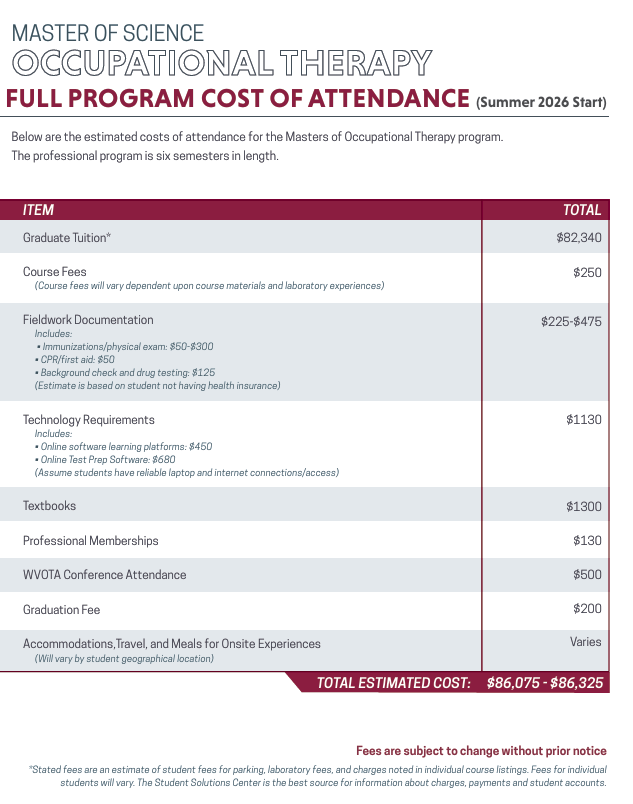
Meet the Faculty
Meet the Faculty
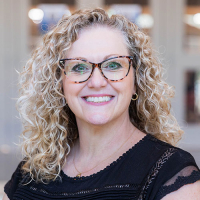
MSOT Program Director/Associate Professor
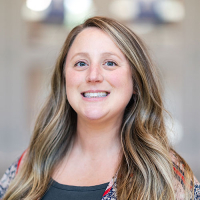
Assistant Professor, Academic Fieldwork Coordinator
